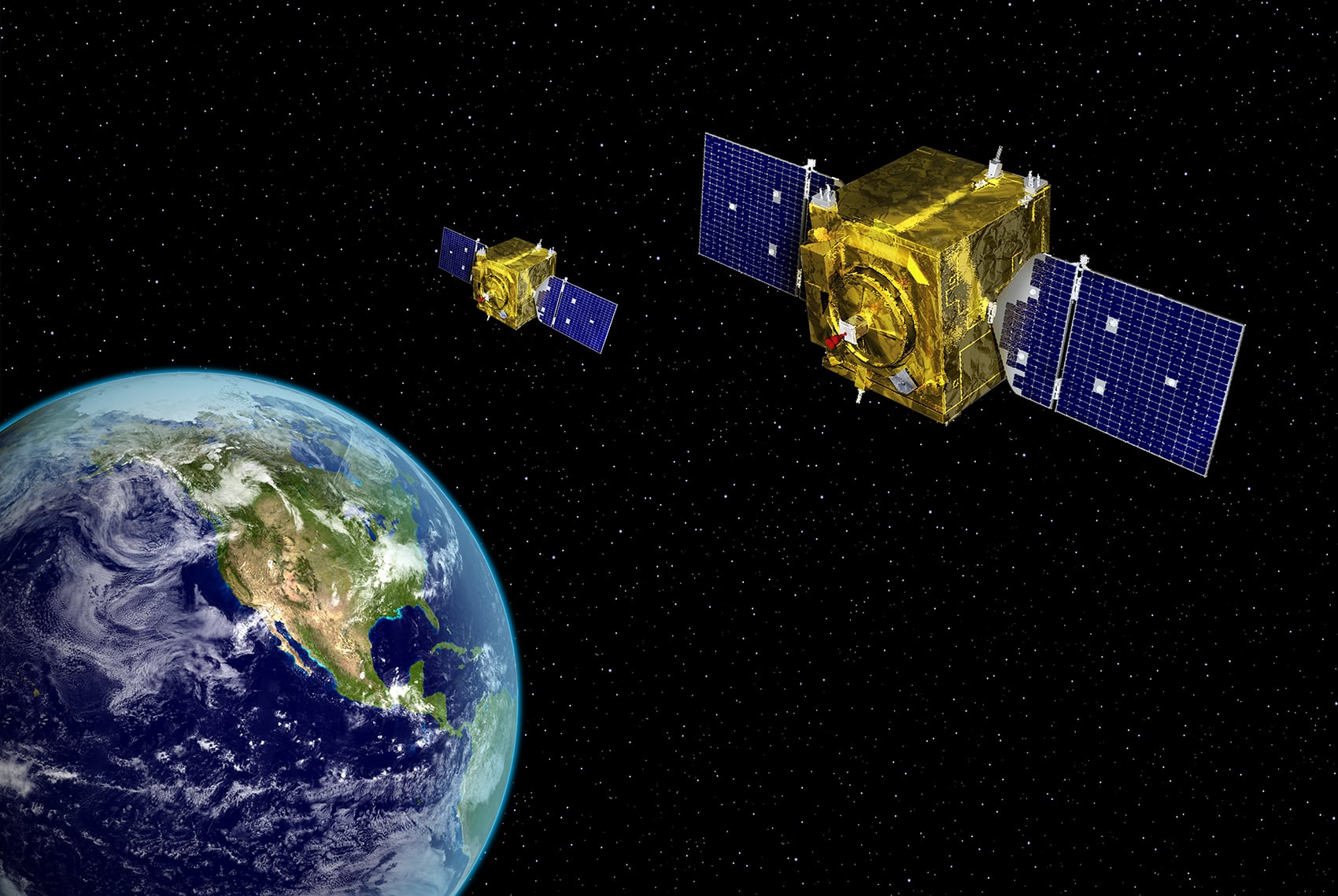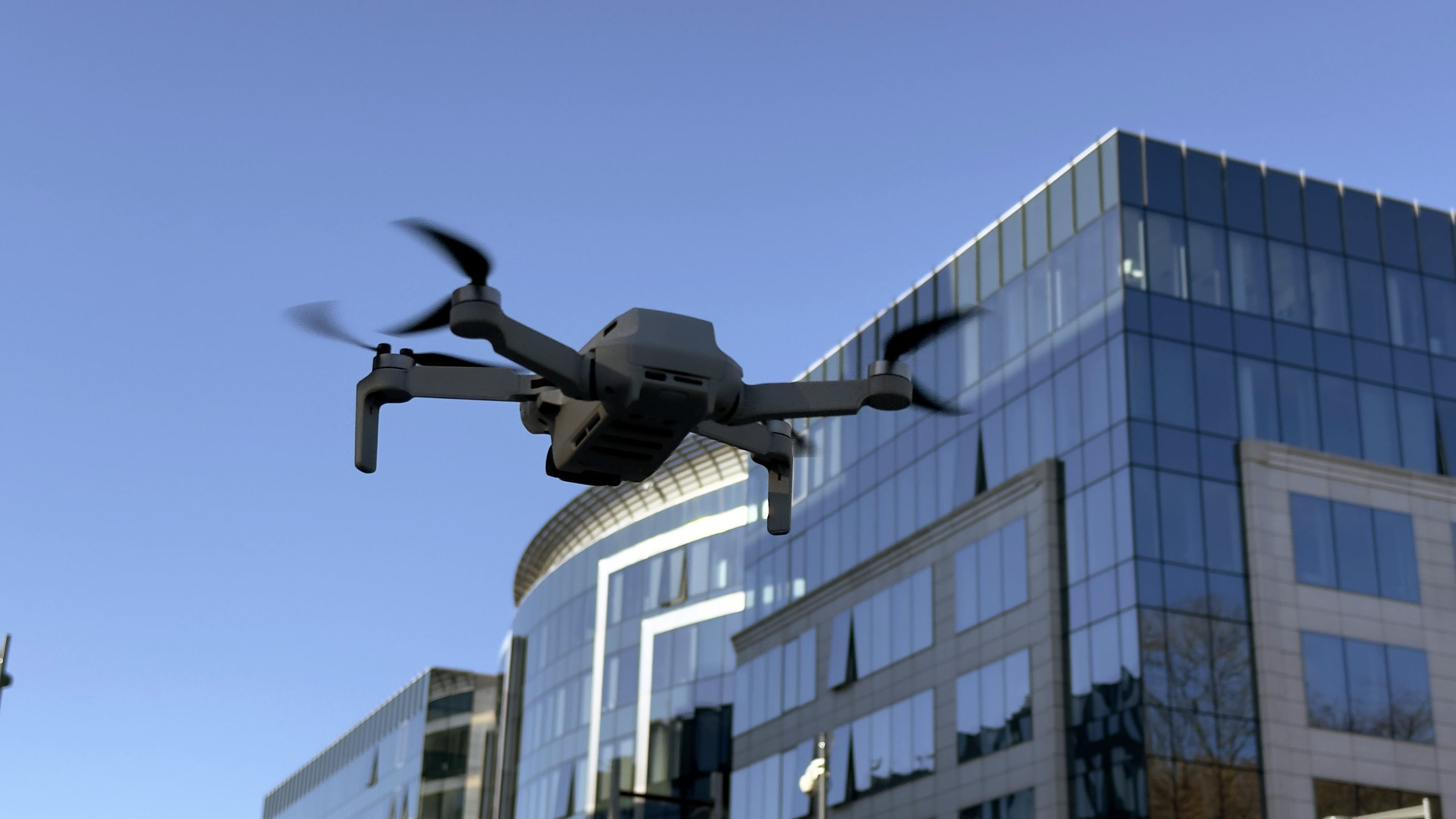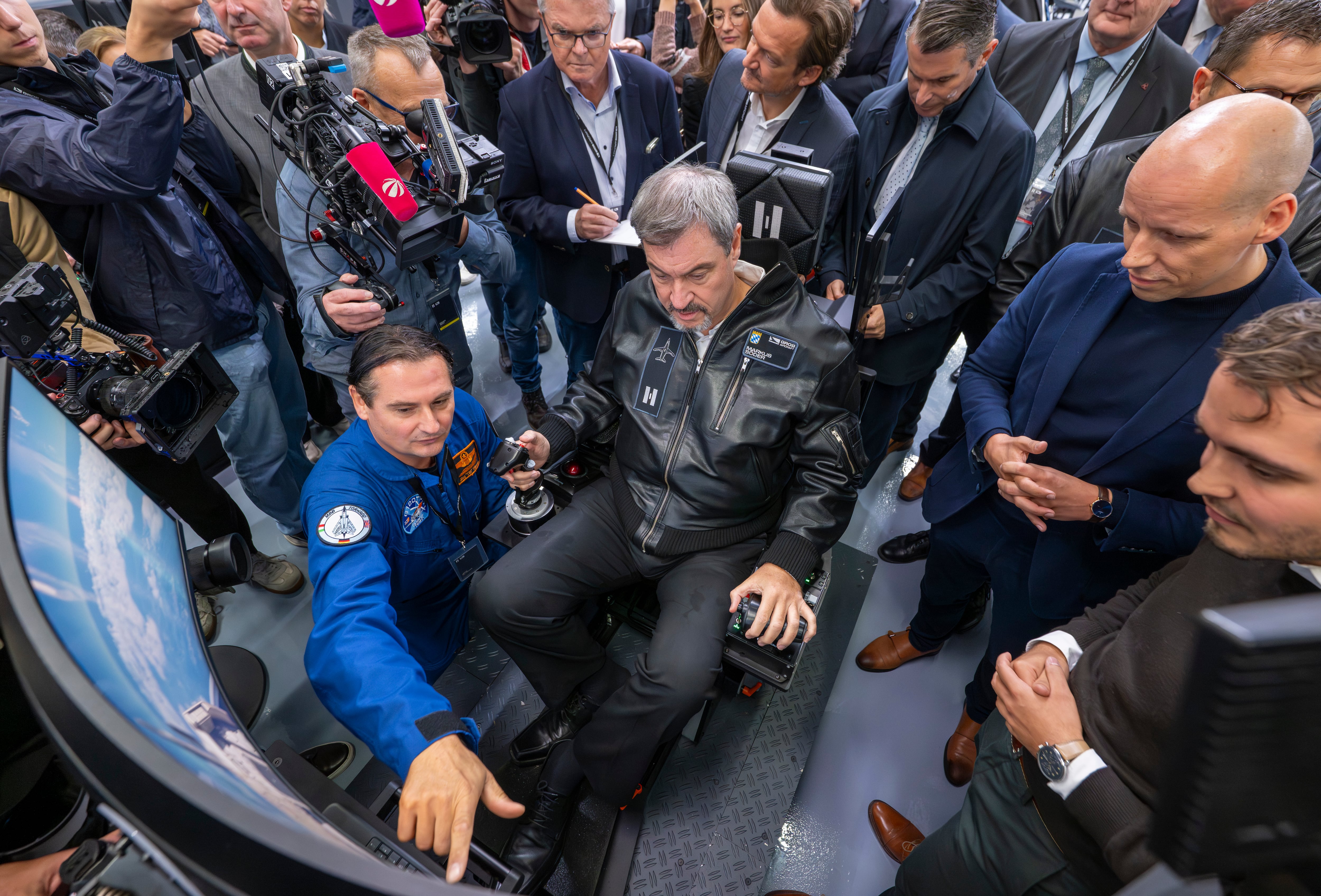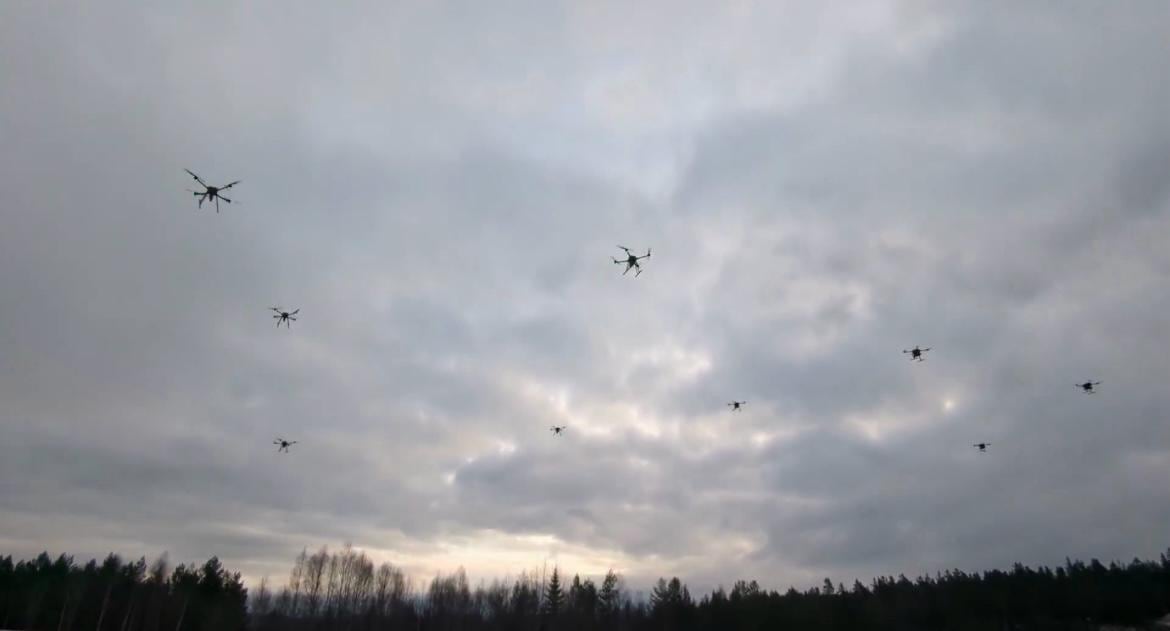A GPS receiver just isn’t going to cut it in deep space.
While GPS has a host of applications on Earth — from enabling credit card transactions to weather forecasting — it is decidedly less useful off planet. After all, GPS was designed to enable navigation around the Earth, not in deep space. Space vehicles operating beyond the reaches of GPS have to rely on other methods for determining their position, navigation and timing, such as inertial measurements or even star tracking.
Those methods vary in reliability, so the Department of Defense is looking for a more accurate tool — namely, a quantum space sensor.
RELATED
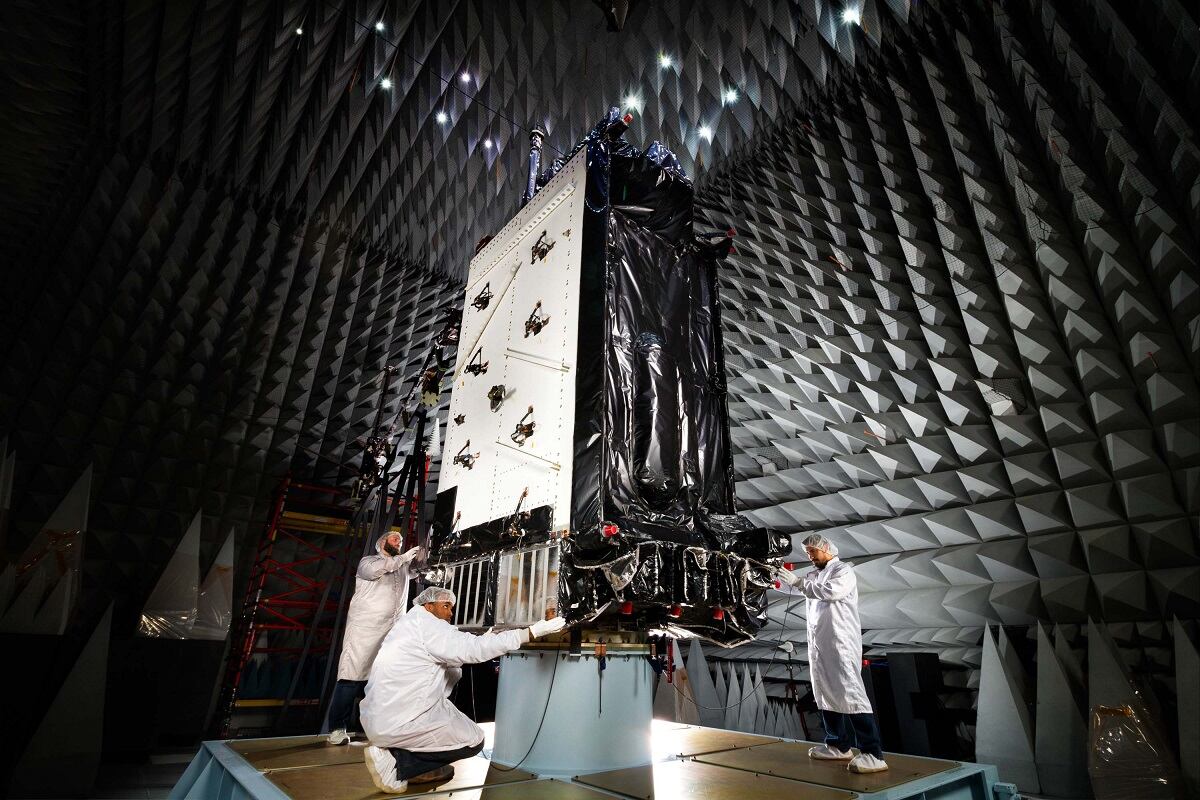
The Defense Innovation Unit — the organization within the DoD charged with leveraging commercial technologies for military use — is seeking a compact, high-performance sensor that can use quantum technology to provide precise inertial measurements in deep space. The quantum sensor could also be used in non-space environments where GPS signals are degraded and denied.
According to DIU Program Manager George Sondecker, quantum sensors are an emerging technology, and a “primary objective of this effort is to mature the technology readiness of commercial sensors for reliable operations."
DIU is not developing the quantum sensor for any space vehicle in particular.
“No specific platform has been identified. The sensor is intended to be applicable across a broad range of platforms for operating in environments where GPS may be unavailable or for enhancing operations where GPS is available,” Sondecker wrote in an emailed statement. “DIU is partnered with a number of stakeholders across the DoD to develop the Quantum Space Sensor identified in this solicitation.”
Participants will need to deliver their flight-ready prototypes within 24 months. Specifically, DIU wants sensors with error rates better than 100 meters per hour in deep space or 30 meters per hour for terrestrial applications while being no bigger than 0.1 cubic meters.
DIU is accepting questions through April 16, and responses are due April 19.
Nathan Strout covers space, unmanned and intelligence systems for C4ISRNET.
